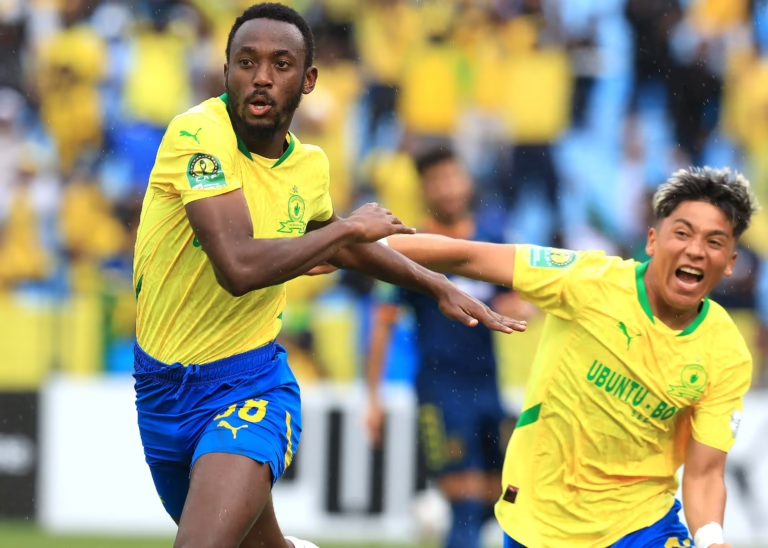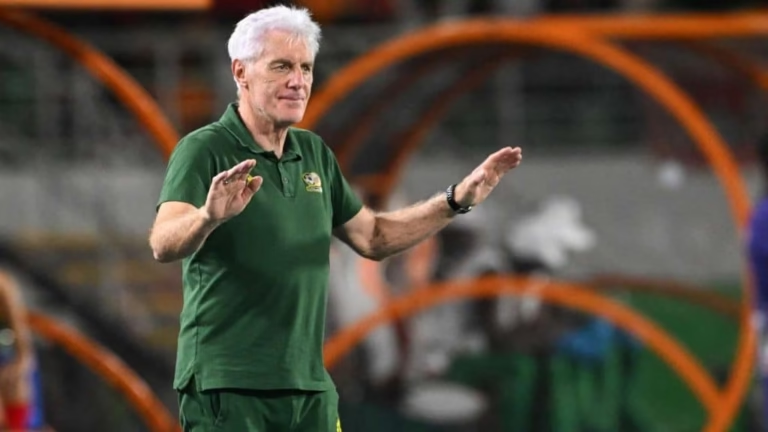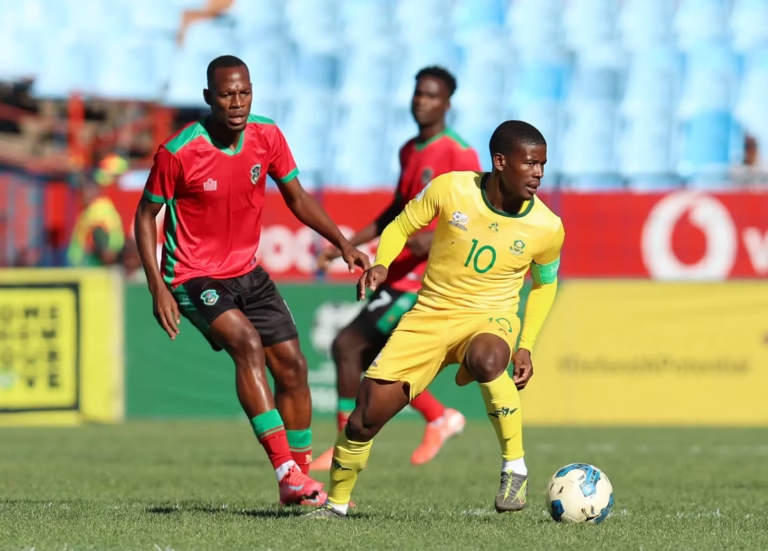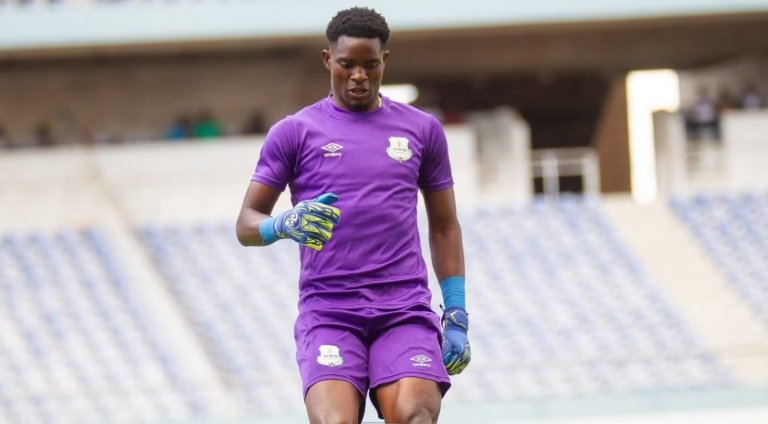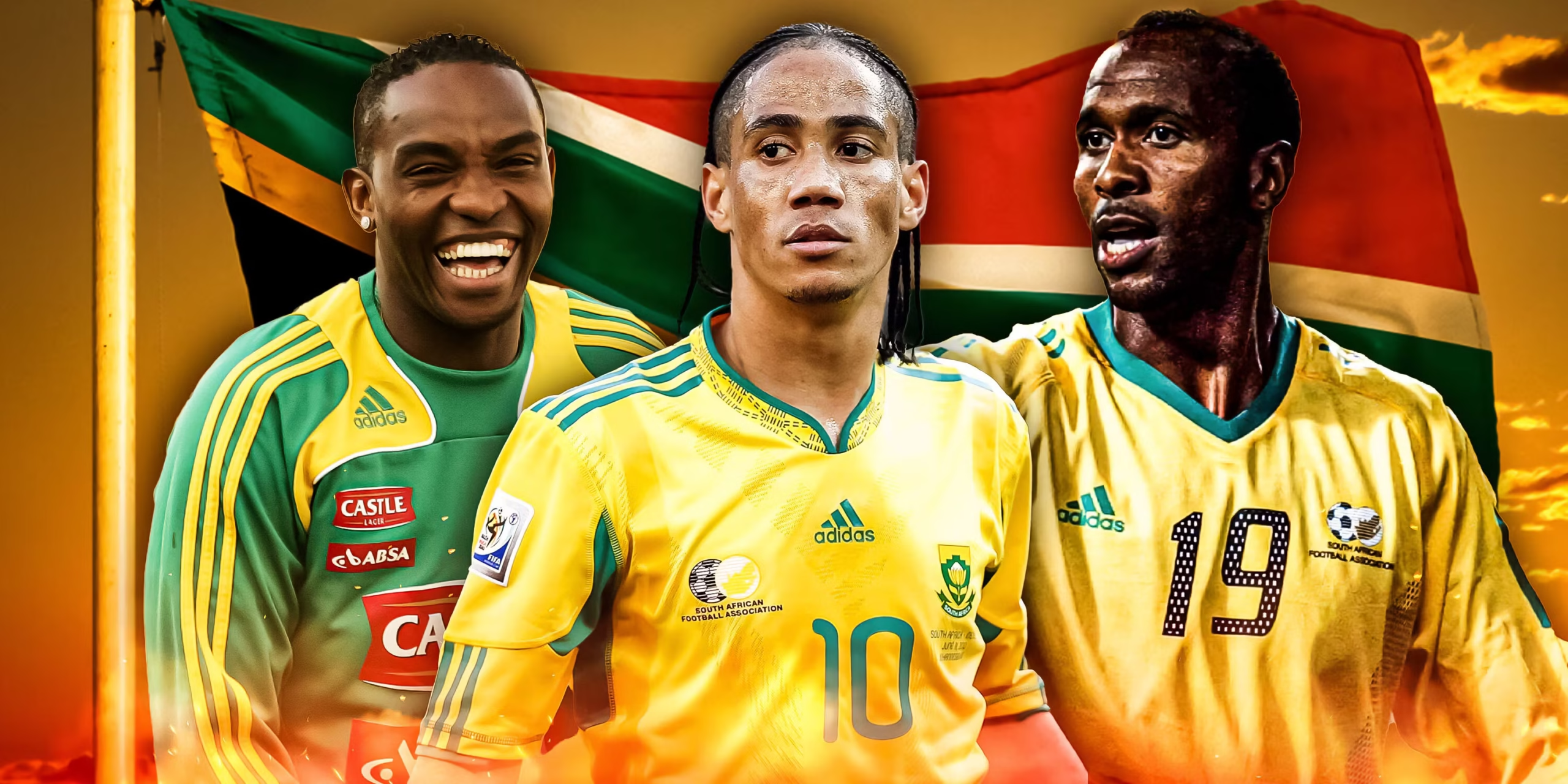
South African football (soccer) boasts a rich and complex history, a reflection of the nation’s cultural diversity, struggles, and triumphs. From the ancestral roots of indigenous ball games to the global stage of the FIFA World Cup, the evolution of football in South Africa is a story of passion, resilience, and transformation.
Ancient Beginnings: The Indigenous Spirit of Play
Long before soccer as we know it emerged, South Africa’s indigenous peoples engaged in various forms of ball games. Traditional activities like “kgati” and “diketo” demonstrated a love for physical activity, teamwork, and play. While these were not football in the modern sense, they laid the groundwork for the culture of communal sport that would later embrace soccer.
The Arrival of Soccer: A Colonial Inheritance
In the late 19th century, British colonial influence introduced soccer to South Africa. British soldiers, miners, and missionaries brought the game to local communities, and it quickly gained popularity. By the 1880s, organized matches between colonial clubs were common, with leagues such as the Natal Football Association and the South African Football Association taking root. However, these early competitions were segregated, reflecting the racial divides of the colonial era.
Why Orlando Pirates Will Return from Abidjan with All Three Points
Early Growth: The Birth of African Soccer Leagues
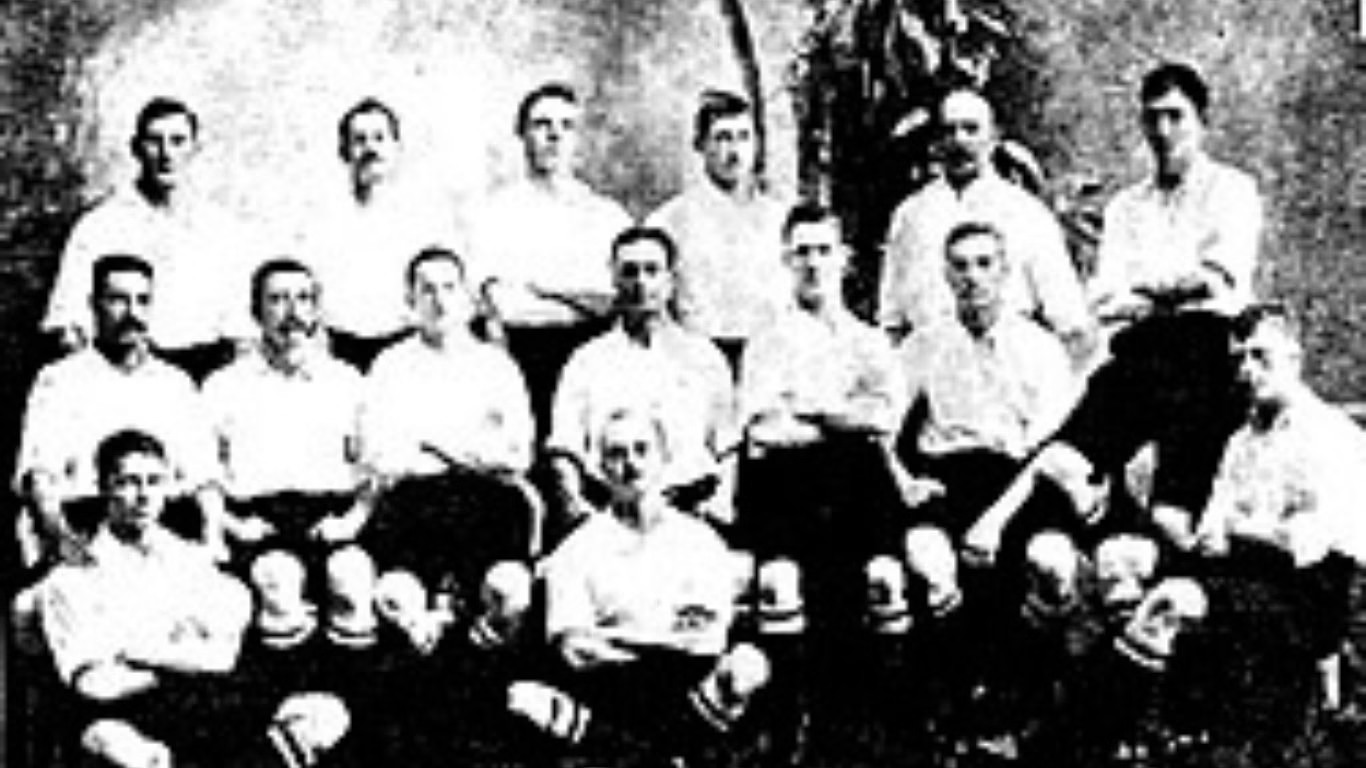
Despite segregation, soccer flourished in black communities. African miners and urban workers embraced the sport as a way to unite and express themselves amidst the hardships of colonial life. Informal leagues and community matches became widespread by the early 20th century. In 1932, the Durban and District African Football Association (DDAFA) was formed, providing a platform for black players to showcase their talents.
The Apartheid Era: A Game Divided
The apartheid system, which legally entrenched racial segregation in 1948, deeply affected South African football. Separate leagues were established for different racial groups, with black players often excluded from the facilities and opportunities enjoyed by white players. Despite these challenges, the passion for soccer burned brightly in black communities, where the game became a symbol of resistance and identity.
One of the most significant milestones during this time was the formation of the South African Soccer League (SASL) in 1951, the first non-racial football league. However, the league was disbanded in 1965 due to government pressure. In its place, the Federation Professional League (FPL) emerged, continuing the fight for non-racial soccer.
Orlando Pirates and Sandile Mthethwa Part Ways
The Rise of Icons: Players Who Defied Boundaries
Throughout the apartheid era, black players like Jomo Sono and Kaizer Motaung rose to prominence, becoming legends in South African football. Kaizer Motaung, for example, founded Kaizer Chiefs in 1970, a club that would become one of the most successful and beloved in the country’s history. These players inspired generations, proving that talent and determination could overcome even the harshest barriers.
Exclusion and Isolation: The International Ban
South Africa’s apartheid policies led to its suspension from FIFA in 1961, isolating the country from international soccer. This ban was a significant blow, denying South African players the chance to compete on the world stage. The isolation lasted until 1992, when apartheid began to crumble and South Africa was reinstated into FIFA.
The Dawn of a New Era: Unity and Triumph
The 1990s marked a turning point for South African football. With the end of apartheid, the sport became a powerful tool for reconciliation and unity. In 1992, South Africa’s national team, Bafana Bafana, played their first official match in decades, a 1–0 victory against Cameroon. This marked the beginning of a new chapter in the country’s football history.
The crowning moment came in 1996 when South Africa hosted and won the African Cup of Nations (AFCON). Led by captain Neil Tovey and star players like Doctor Khumalo and Mark Fish, Bafana Bafana captured the hearts of the nation, showcasing the unifying power of football.
World Cup Glory: A Historic Hosting
In 2010, South Africa made history as the first African nation to host the FIFA World Cup. The tournament was a resounding success, with iconic moments such as Siphiwe Tshabalala’s opening goal against Mexico and the global celebration of vuvuzelas. Although Bafana Bafana did not progress beyond the group stage, the event highlighted South Africa’s ability to unite through sport and left a lasting legacy.
Modern Challenges and Achievements
Today, South African football faces both challenges and opportunities. The domestic Premier Soccer League (PSL) is one of the most competitive in Africa, attracting top talent and producing exciting matches. Clubs like Mamelodi Sundowns, Orlando Pirates, and Kaizer Chiefs dominate the local scene and compete on the continental stage.
However, Bafana Bafana has struggled to recapture the glory of the 1996 AFCON victory, often failing to qualify for major tournaments. Despite this, South Africa’s youth teams and women’s national team, Banyana Banyana, have made significant strides. Banyana Banyana won their first Women’s Africa Cup of Nations (WAFCON) title in 2022, showcasing the growing strength of women’s football in the country.
A Game for the People: The Future of South African Soccer
Football remains deeply ingrained in South African culture, from the bustling streets of Soweto to the sandy pitches of rural villages. Initiatives to develop grassroots football and invest in youth academies promise a brighter future for the sport. As South Africa continues to navigate its complex history, soccer remains a symbol of hope, resilience, and unity.
The story of South African football is far from over. It’s a tale of overcoming adversity, celebrating diversity, and striving for greatness—a game that reflects the heartbeat of a nation.
Read:
Mthethwa’s First Words as an AmaZulu Player
Radebe’s Advice to Mofokeng: Guidance from a Bafana Bafana
Katlego Otladisa Joins Sekhukhune United for the Rest of the 2024/25 Season
Manqoba Mngqithi Breaks Silence After Shocking Mamelodi Sundowns Exit
